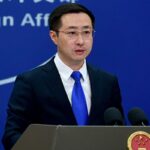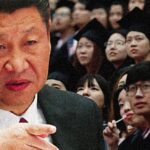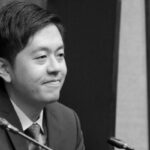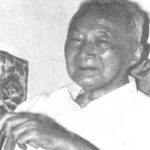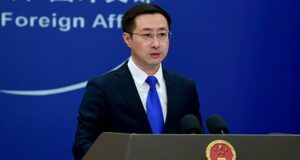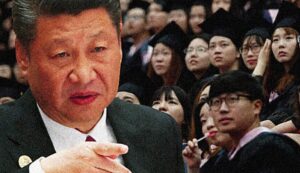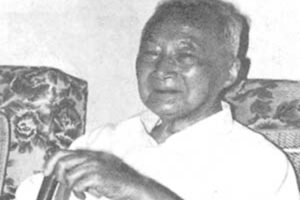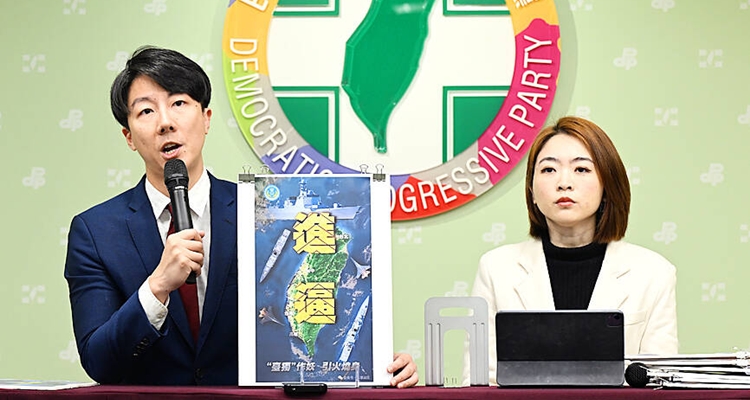
The major political parties of the Republic of China, the ruling Democrat Progressive Party and the Chinese Nationalist Party or Kuomintang, continue to rebuke each other for their respective stances toward the aggressive People’s Republic of China.
At a Tuesday news conference, DPP spokesman Justin Wu (above, left) accused the KMT of maintaining close ties to the mainland government (“DPP slams KMT over CCP links amid drills,” Taipei Times, April 2, 2025).
The Chinese Nationalist Party (KMT) is maintaining close ties with Beijing, the Democratic Progressive Party (DPP) said yesterday, hours after a new round of Chinese military drills in the Taiwan Strait began.
Political parties in a democracy have a responsibility to be loyal to the nation and defend its sovereignty, DPP spokesman Justin Wu told a news conference in Taipei….
Contrary to the KMT’s claims that it is staunchly anti-communist, KMT Deputy Chairman Andrew Hsia a day earlier visited top Chinese Communist Party (CCP) officials in Henan Province, Wu said, adding that Hsia did not condemn Bejing’s communism, saber rattling or disruption of regional peace, but instead voiced support for the so-called “1992 consensus.”
The “1992 consensus”…refers to a tacit understanding between the KMT and the CCP that both sides of the Taiwan Strait acknowledge that there is “one China,” with each side having its own interpretation of what “China” means.
Hsia’s failure to stand up to Beijing proved that claims of being anti-communist were just empty words by KMT Chairman Eric Chu to placate voters, Wu said.
The KMT, for its part, accused the ROC government as being just as guilty of “spiraling hostility” as the People’s Republic of China, thanks to President William Lai’s efforts to enhance national defense.
The KMT calls for less confrontation, more dialogue, from the Lai administration—an administration which has said from the start that it is willing to talk to Beijing. “Our door will always be open to engagement with Beijing under the principles of equality and dignity,” Lai said toward the end of his 2023-2024 presidential campaign. Also, though: “While aspiring for peace, we harbor no illusions.”
For the past eight or nine years, the mainland government has refused to conduct talks with the DPP government, which the Chinese Communist Party regards as inadequately submissive. Meanwhile, the pattern continues of the PRC always initiating military drills or bullying in the Taiwan Strait and the ROC government necessarily responding to them. The only fundamental alternative is surrender.
